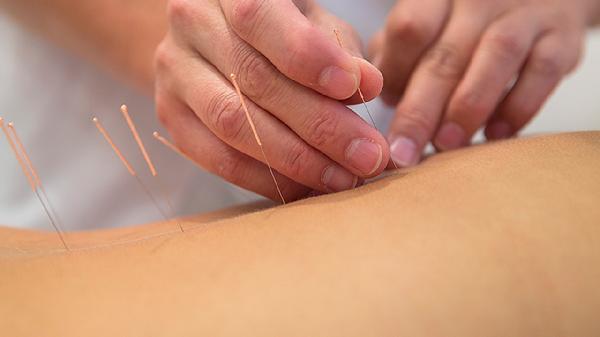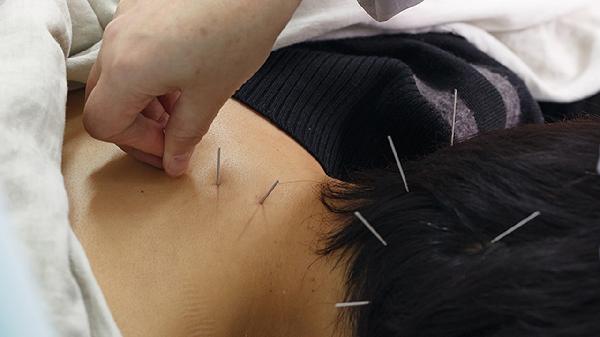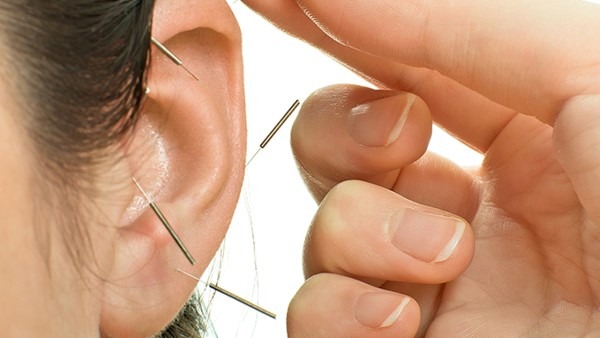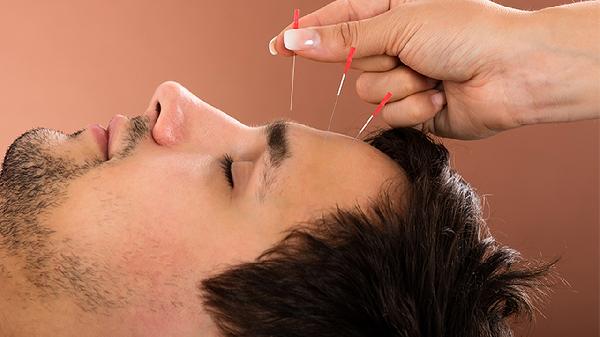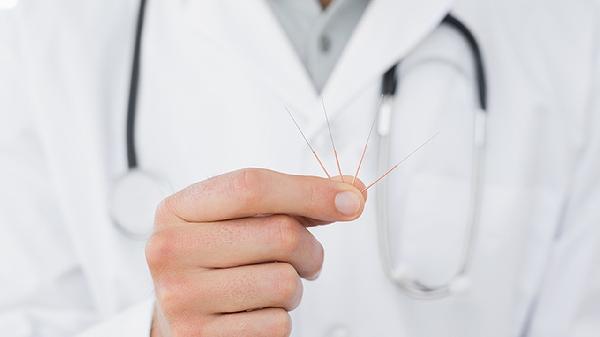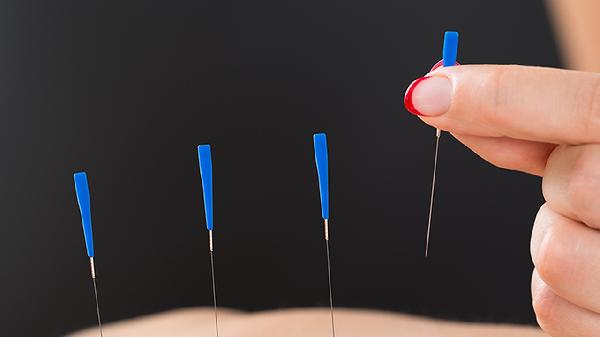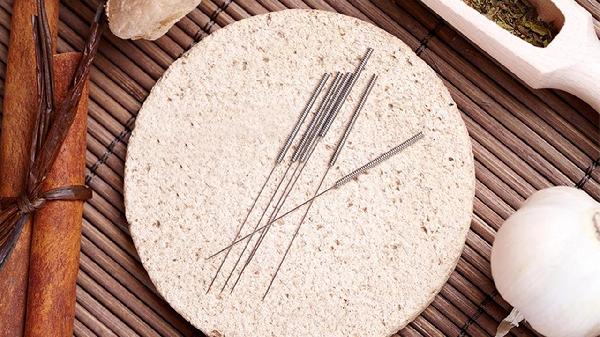Acupuncture is considered effective if you experience noticeable improvements in your symptoms, such as reduced pain, better sleep, or enhanced overall well-being. However, determining its effectiveness requires careful observation of your body’s responses and understanding the goals of your treatment. Here’s a detailed guide to help you assess whether acupuncture is working for you.

Understanding the Goals of Acupuncture
Acupuncture aims to restore balance within the body by stimulating specific points along energy pathways, known as meridians. Its effectiveness varies depending on the condition being treated, whether it’s chronic pain, stress, digestive issues, or other health concerns. Before starting treatment, discuss your goals with your acupuncturist to establish clear expectations and a timeline for progress.
Immediate Responses During and After Sessions
One way to gauge acupuncture’s effectiveness is by paying attention to how you feel during and immediately after a session. Many people report a sense of deep relaxation, reduced tension, or a feeling of lightness. These immediate responses can indicate that the treatment is having a positive effect on your nervous system and energy flow. However, some individuals may feel temporarily fatigued or experience mild soreness, which is also normal as the body adjusts.
Monitoring Long-Term Changes in Symptoms
The most reliable way to assess acupuncture’s effectiveness is by tracking changes in your symptoms over time. For example, if you’re receiving acupuncture for chronic pain, note whether the intensity or frequency of your pain decreases after several sessions. Similarly, if you’re addressing anxiety or insomnia, observe whether you feel calmer or sleep more soundly. Keeping a journal can help you document these changes and provide valuable feedback to your acupuncturist.
Physical and Emotional Well-Being
Acupuncture often has holistic effects, influencing both physical and emotional health. Beyond symptom relief, you may notice improvements in your overall well-being, such as increased energy, better digestion, or a more positive mood. These subtle changes can be significant indicators that acupuncture is positively impacting your body’s balance and function.
Consulting with Your Acupuncturist
Your acupuncturist is your best resource for evaluating the effectiveness of your treatment. They can assess your progress based on their observations, such as changes in your pulse or tongue (key diagnostic tools in Traditional Chinese Medicine). Be open about your experiences and any concerns you have, as this will help them tailor your treatment plan for better results.
Patience and Consistency
Acupuncture often requires multiple sessions to achieve lasting results, especially for chronic conditions. While some people notice improvements after just one or two sessions, others may need several weeks of consistent treatment. It’s important to be patient and give your body time to respond to the therapy. If you’re unsure about the progress, discuss it with your acupuncturist to determine whether adjustments are needed.
When to Consider Alternatives
If you’ve completed a series of acupuncture sessions and haven’t noticed any improvements, it may be worth exploring other treatment options. Acupuncture doesn’t work for everyone, and individual responses vary. Your acupuncturist can help you decide whether to continue, modify your treatment, or try a different approach.
Conclusion
Determining whether acupuncture is working for you involves a combination of self-awareness, communication with your acupuncturist, and patience. By tracking your symptoms, observing changes in your physical and emotional health, and staying consistent with your treatment, you can make an informed assessment. Remember, acupuncture is a holistic therapy that works best when integrated into a broader approach to health and wellness. Trust your body’s responses and seek guidance from your practitioner to ensure you’re on the right path toward healing.
